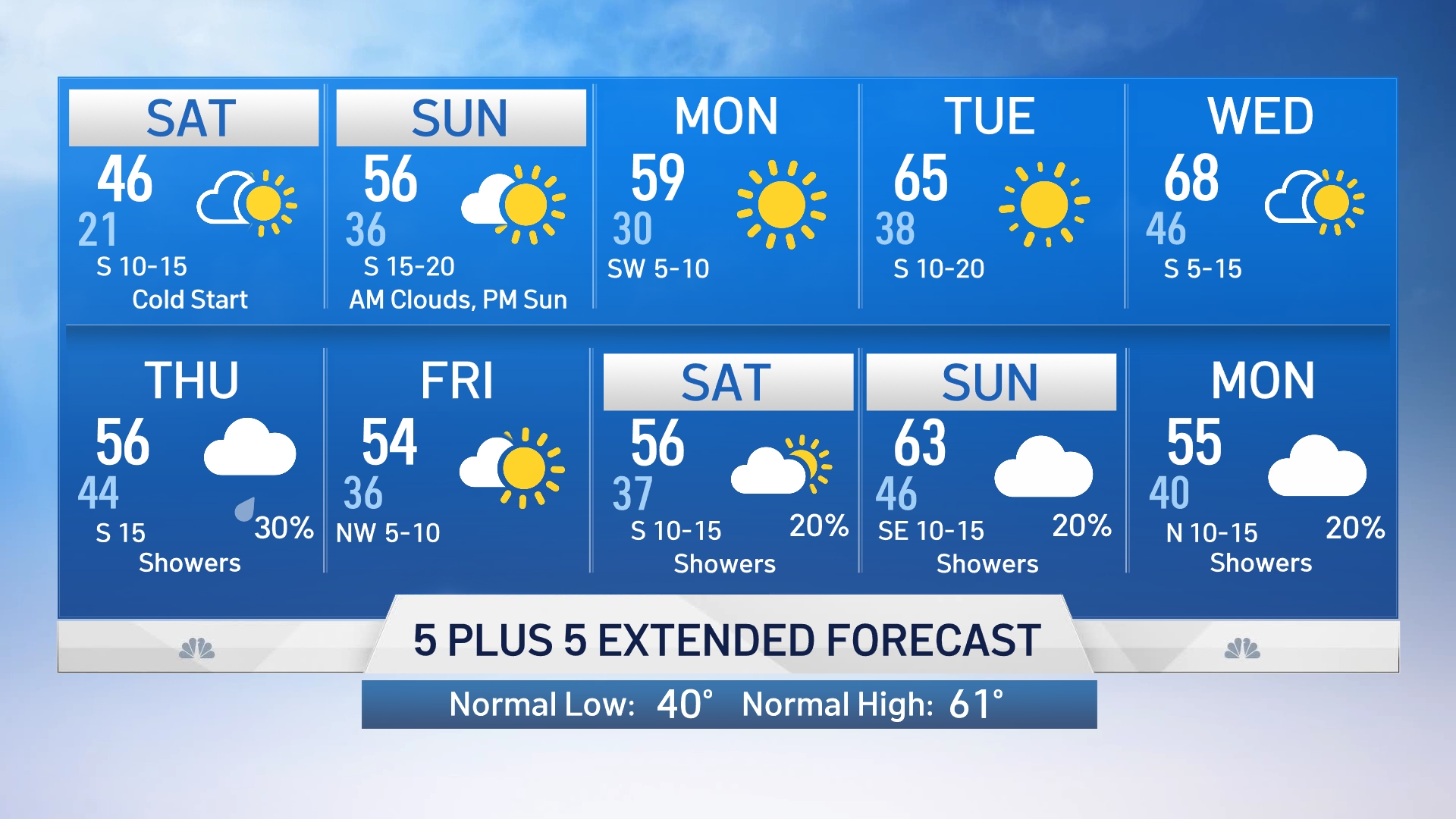Doctors are warning North Texans to not underestimate what cold temperatures can do to your body.
Hypothermia is life-threatening and occurs when people are exposed to cold temperatures for prolonged periods of time and it can set in as little as 30 minutes.
When exposed to cold, your body loses heat faster than it can be produced. Eventually, if you're out in the cold long enough, you'll use up your body's stored energy and your body temperature will begin to drop from the normal 98.6 to 95 or lower.
A drop in body temperature affects the brain and soon you may begin to feel the signs and symptoms of hypothermia including, shivering, slurred speech or mumbling, slow, shallow breathing, weak pulse, clumsiness or lack of coordination, drowsiness or very low energy, confusion or memory loss or loss of consciousness.
Winter Weather Recovery
After several days of sub-freezing temperatures, some melting is expected Friday and Saturday.
According to the CDC, hypothermia's ability to alter a person's ability to think or move well makes it especially dangerous, because the person may not know what is happening and won't be able to do anything to stop it.
"Everyone is at risk if you're not prepared," said Alana Snyder, DO, Medical Director of Emergency Services at Medical City Fort Worth. "They get confused. One of the signs of hypothermia is confusion so they may not know to call. They may not know to call 911 so it's important to check on family members."
There are factors that could put you at greater risk of hypothermia.
- The body's ability to regulate temperate may lessen with age, putting the elderly at risk.
- Children lose heat faster than adults do and may lack the judgment to get out of the cold when they should.
- Certain health conditions, like diabetes, and medications can mess with how your body handles the cold.
- Some drugs can change the body's ability to regulate its temperature. Examples include certain antidepressants, antipsychotics, narcotic pain medications and sedatives.
If you do have to be outside, doctors suggest wearing layers and traveling with blankets and extra coats if you get on the road.
If you get wet or sweaty, immediately change into dry clothes to warm your body up. Hypothermia can occur even in cool temperatures around 40 degrees if a person becomes chilled from moisture.
The CDC said those most at risk for hypothermia include older adults with inadequate food, clothing or heating; babies sleeping in cold rooms; people who are outdoors for extended periods of time like the homeless, hikers or hunters; people who use illicit drugs or drink alcohol.
In 2015, a North Texas woman and her young child died of hypothermia following a car crash. The unclothed bodies of both the mother and child were found about 100 yards away from their car with no obvious signs of trauma. The Tarrant County medical examiner declared both deaths an accident and said the child died of hypothermia and that her mother died of hypothermia with paradoxical undressing, a situation where the victim begins to feel too hot in the cold and then irrationally begins to undress in an attempt to stay cool.
If you believe someone is suffering from hypothermia, seek immediate medical attention immediately. If you can, take the person's temperature. If it's below 95, they will need to see a doctor. Meanwhile, get them to a warm room or shelter and make sure they have dry clothes. Warm the person's body with a blanket, electric blanket, or with skin-to-skin contact. Warm, non-alcoholic drinks can help increase body temperature
"A person with severe hypothermia may be unconscious and may not seem to have a pulse or to be breathing. In this case, handle the person gently, and get emergency assistance immediately," the CDC said, adding that CPR may be required.




